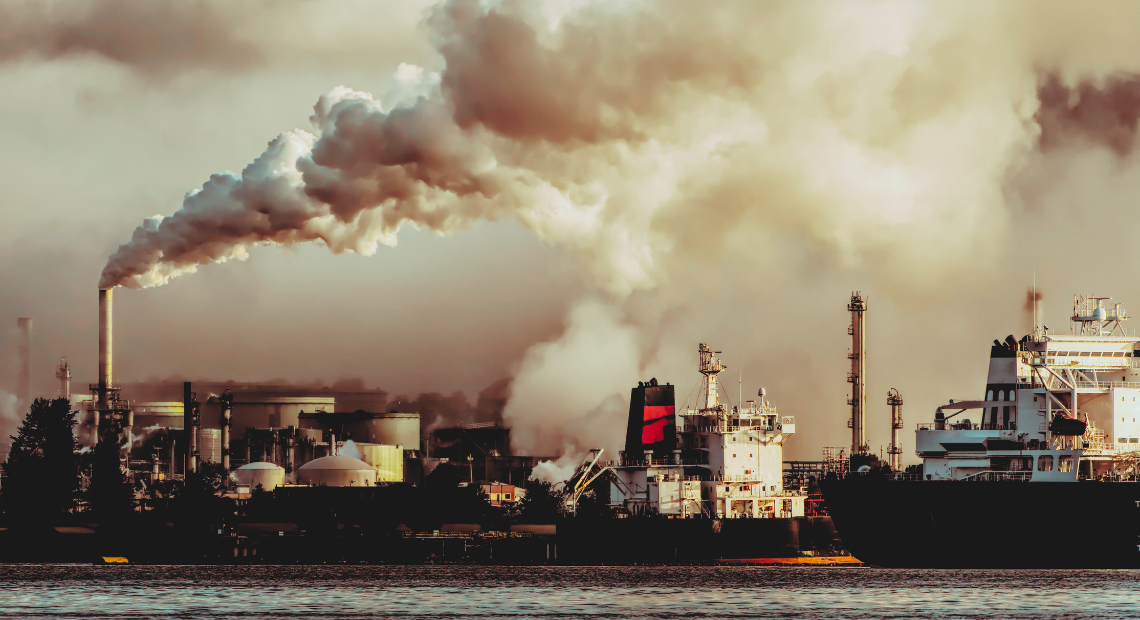The European Commission has taken a decisive step toward combating climate change by raising its greenhouse gas emissions reduction target to at least 55% by 2030. This bold commitment aligns with the EU Green Deal and the recent RePower EU Plan, emphasizing urgent climate leadership. The ultimate goal is to achieve climate neutrality across the continent by 2050.
In pursuit of this ambitious path, the EU Energy Roadmap 2050 and the Strategic Energy Technology Plan (SET Plan) challenge Europe to elevate the share of renewable electricity to 75% by 2050.
In this framework, IREC participates as a partner in two CET Partnership projects aimed to develop applicative solutions and provide results for the clean energy transition: The Act-FAST (photovoltaic technologies) and the CoPRESS (empowering consumers) projects.
Among the clean energy technologies, Photovoltaic (PV) solar energy conversion stands out as the most cost-effective and easily deployable option. Not only does PV contribute to the emissions reduction target, but its scalability and job creation potential promise a green recovery and a fair transition for all Europeans.
The ACT-FAST project (entitled Sustainable Antimony Chalcogenide Thin-Film TAndem Solar Technology) aims to revolutionize solar technology. By developing a new type of solar system capable of high power densities, it surpasses traditional Si-based modules. With an emphasis on long-term stability, this technology opens doors for PV deployment across a wider range of settings. IREC’s role is the project is related to the development of innovative top cells for tandem architectures based on earth abundant materials and very low energy demanding processes together with the assessment of tandem proof of concept devices. This action is led by Alejandro Pérez-Rodríguez, head of the Solar Energy Materials and Systems group at IREC.
On the other hand, the CoPRESS project (entitled Cooperative Platform for Renewable Energy Storage Systems) aims at empowering electricity consumers to become actors with the freedom to choose how their distributed energy resources interact with the grid. The central tenet of is cooperation at the three levels of technology, market and people. The project is based on the concept of energy cells, which facilitate the cooperation between network operators and new electricity actors e.g., industrial prosumers and citizen energy communities.
At the technology level, CoPRESS focuses on enhanced power management systems and interoperable microservices to increase the cooperation between heterogeneous energy resources. At the market level, the combination and hybridisation of storage technologies will enable the delivery of multiple services which will benefit both energy cells and network operators. IREC’s role is the project is related to grid integration aspects, algorithms development for ESS including diagnosis and prognosis tools and test development, advanced grid modelling and collaborative actions among assets. This action is led by José Luis Domínguez, head of the Power Systems group at IREC.
Acknowledgements (in Spanish)
El proyecto ACT-FAST (PCI2023-145986-2) y CoPRESS (PCI2023-146017-2) están financiados por MICIU/AEI /10.13039/501100011033 y Cofinanciado por la Unión Europea.




